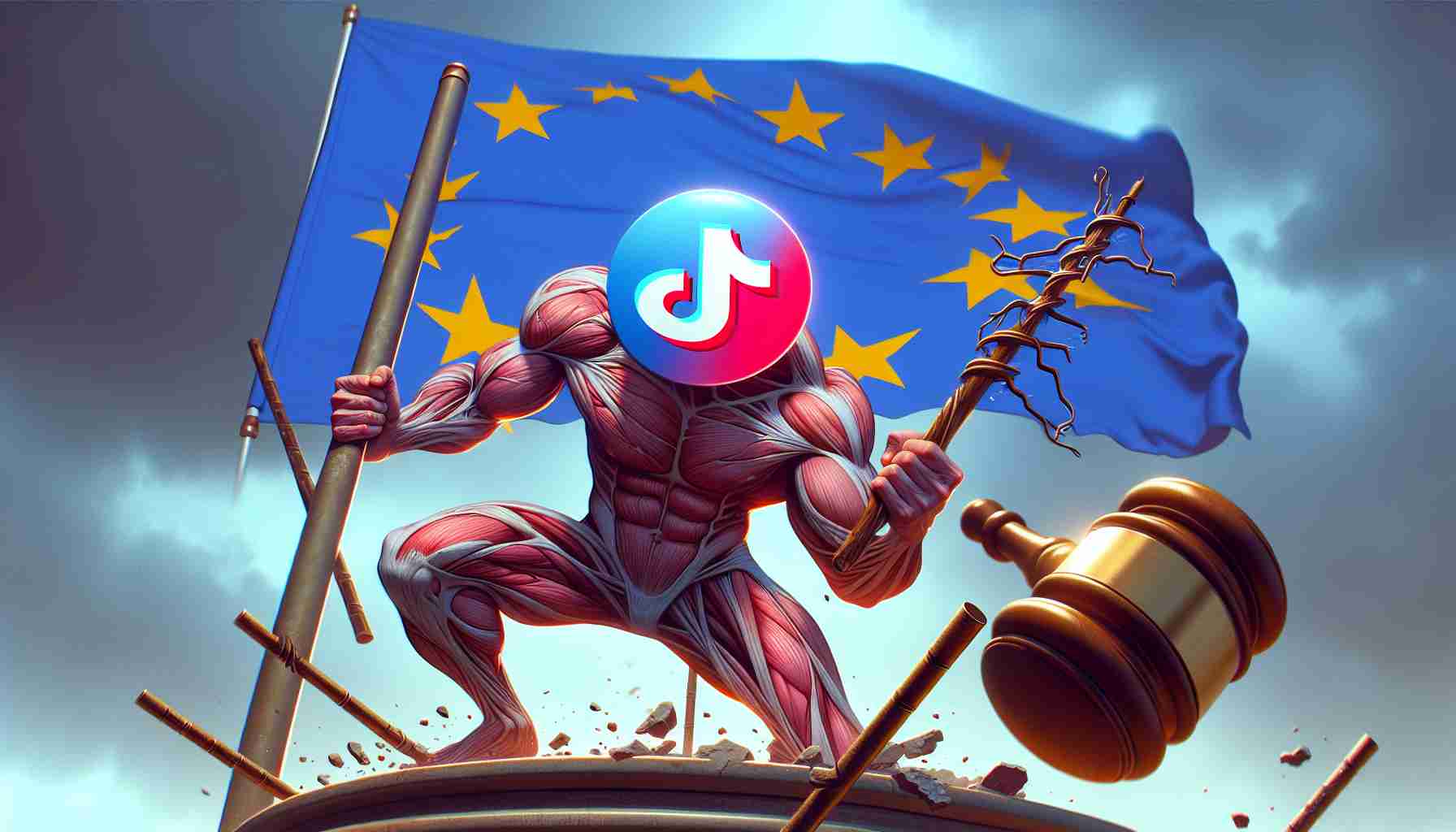TikTok, a popular social media platform owned by ByteDance, is set to face challenges in Europe due to the enforcement of the new EU antitrust law known as the Digital Markets Act (DMA). This law, which is scheduled to take effect in the coming weeks, poses potential implications for the company’s operations.
The European Commission has classified TikTok as a “gatekeeper” platform, recognizing its significant influence in connecting businesses and consumers. As a result, TikTok will be subjected to additional oversight. ByteDance, however, has lodged an appeal with the EU, urging the invalidation of this classification. The company argues that TikTok should be considered a challenger rather than an established entity requiring strict antitrust supervision.
Although ByteDance’s appeal is yet to be reviewed by the Court of Justice of the European Union, the request for a temporary suspension of the “gatekeeper” status decision has been rejected. The company had expressed concerns regarding the potential disclosure of sensitive user profiling practices, but the court deemed the evidence insufficient to support these claims.
The Digital Markets Act imposes several obligations on “gatekeeper” platforms, some of which do not directly apply to TikTok. Nonetheless, TikTok will be required to facilitate interoperability with other services and grant corporate users access to the data generated by their activities on the platform. Furthermore, TikTok will no longer be able to track its users’ activities outside of its platform without explicit consent.
While these regulatory requirements may pose challenges to TikTok’s advertising strategy, the platform’s predominant concern in Europe lies with the European Commission’s investigation into potential violations of the new Digital Services Act (DSA). The DSA primarily addresses issues related to illegal content and disinformation. The Commission has expressed concerns over TikTok’s inadequate protection of minors. Recent regulatory actions have imposed a substantial fine of €345 million on TikTok by the Irish Data Protection Commission for violations of the European General Data Protection Regulation (GDPR). These violations include default data sharing of teenagers and the association of uncertain parent or guardian accounts with children’s accounts, as well as lax security settings.
GDPR violations can lead to penalties of up to 4% of a company’s global annual revenue, whereas the Digital Services Act introduces fines of up to 6%. Moreover, platforms that persistently violate regulations and jeopardize user safety may face additional penalties.
It is crucial to note that the new EU regulations are not exclusive to American tech companies but also apply to all platforms gaining popularity in the European market. These regulations aim to protect users and establish a secure online environment for everyone.
Frequently Asked Questions (FAQ)
The source of the article is from the blog oinegro.com.br
